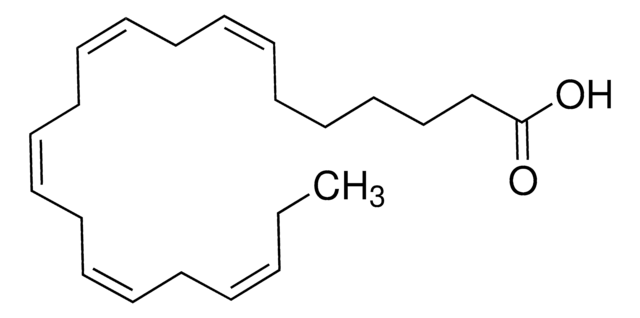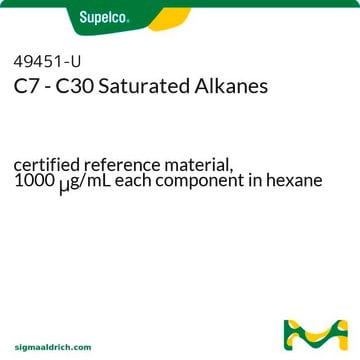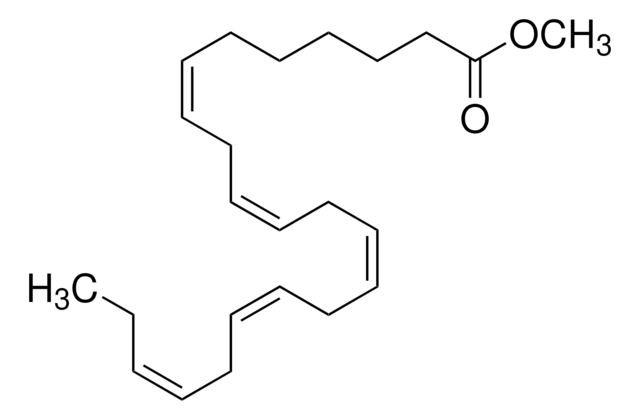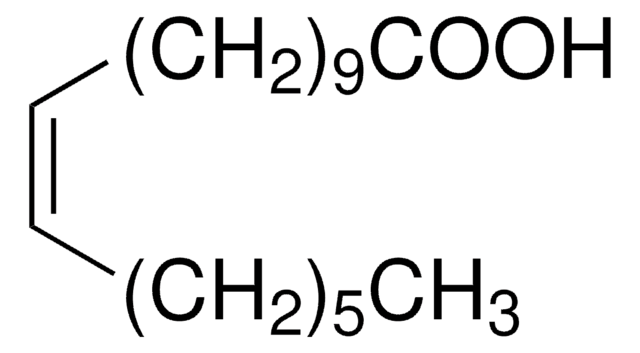★★★★★ 評価値なし この商品の最初のレビューを投稿する . この操作でモーダルダイアログが開きます。
▼ 評価 フィルタ: 評価
フィルタ: 評価 星1個 星2個 星3個 星4個 星5個
▼ ロケール フィルタ: ロケール
フィルタ: ロケール sq العربية հայերեն Euskara Беларуская мова босански Български език Català 中文 Hrvatski jezik Čeština Dansk Nederlands English Eesti Suomi Français ქართული Deutsch Ελληνικά עברית Magyar Íslenska Indonesian Italiano 日本語 Қазақ тілі 한국어 Кыргызча Latviešu valoda Lietuvių kalba mk هاس ملايو Монгол хэл Norsk Język polski Português Limba română Русский Cрпски језик Slovenčina Slovenski jezik Español Svenska ไทย Türkçe Українська мова Việt Nam 日本語 (日本)
アクティブなフィルタ アクティブなフィルタ 星1個 フィルタを解除します 星1個 ✘ アクティブなフィルタ 星2個 フィルタを解除します 星2個 ✘ アクティブなフィルタ 星3個 フィルタを解除します 星3個 ✘ アクティブなフィルタ 星4個 フィルタを解除します 星4個 ✘ アクティブなフィルタ 星5個 フィルタを解除します 星5個 ✘ アクティブなフィルタ sq フィルタを解除します sq ✘ アクティブなフィルタ العربية フィルタを解除します العربية ✘ アクティブなフィルタ հայերեն フィルタを解除します հայերեն ✘ アクティブなフィルタ Euskara フィルタを解除します Euskara ✘ アクティブなフィルタ Беларуская мова フィルタを解除します Беларуская мова ✘ アクティブなフィルタ босански フィルタを解除します босански ✘ アクティブなフィルタ Български език フィルタを解除します Български език ✘ アクティブなフィルタ Català フィルタを解除します Català ✘ アクティブなフィルタ 中文 フィルタを解除します 中文 ✘ アクティブなフィルタ Hrvatski jezik フィルタを解除します Hrvatski jezik ✘ アクティブなフィルタ Čeština フィルタを解除します Čeština ✘ アクティブなフィルタ Dansk フィルタを解除します Dansk ✘ アクティブなフィルタ Nederlands フィルタを解除します Nederlands ✘ アクティブなフィルタ English フィルタを解除します English ✘ アクティブなフィルタ Eesti フィルタを解除します Eesti ✘ アクティブなフィルタ Suomi フィルタを解除します Suomi ✘ アクティブなフィルタ Français フィルタを解除します Français ✘ アクティブなフィルタ ქართული フィルタを解除します ქართული ✘ アクティブなフィルタ Deutsch フィルタを解除します Deutsch ✘ アクティブなフィルタ Ελληνικά フィルタを解除します Ελληνικά ✘ アクティブなフィルタ עברית フィルタを解除します עברית ✘ アクティブなフィルタ Magyar フィルタを解除します Magyar ✘ アクティブなフィルタ Íslenska フィルタを解除します Íslenska ✘ アクティブなフィルタ Indonesian フィルタを解除します Indonesian ✘ アクティブなフィルタ Italiano フィルタを解除します Italiano ✘ アクティブなフィルタ 日本語 フィルタを解除します 日本語 ✘ アクティブなフィルタ Қазақ тілі フィルタを解除します Қазақ тілі ✘ アクティブなフィルタ 한국어 フィルタを解除します 한국어 ✘ アクティブなフィルタ Кыргызча フィルタを解除します Кыргызча ✘ アクティブなフィルタ Latviešu valoda フィルタを解除します Latviešu valoda ✘ アクティブなフィルタ Lietuvių kalba フィルタを解除します Lietuvių kalba ✘ アクティブなフィルタ mk フィルタを解除します mk ✘ アクティブなフィルタ هاس ملايو フィルタを解除します هاس ملايو ✘ アクティブなフィルタ Монгол хэл フィルタを解除します Монгол хэл ✘ アクティブなフィルタ Norsk フィルタを解除します Norsk ✘ アクティブなフィルタ Język polski フィルタを解除します Język polski ✘ アクティブなフィルタ Português フィルタを解除します Português ✘ アクティブなフィルタ Limba română フィルタを解除します Limba română ✘ アクティブなフィルタ Русский フィルタを解除します Русский ✘ アクティブなフィルタ Cрпски језик フィルタを解除します Cрпски језик ✘ アクティブなフィルタ Slovenčina フィルタを解除します Slovenčina ✘ アクティブなフィルタ Slovenski jezik フィルタを解除します Slovenski jezik ✘ アクティブなフィルタ Español フィルタを解除します Español ✘ アクティブなフィルタ Svenska フィルタを解除します Svenska ✘ アクティブなフィルタ ไทย フィルタを解除します ไทย ✘ アクティブなフィルタ Türkçe フィルタを解除します Türkçe ✘ アクティブなフィルタ Українська мова フィルタを解除します Українська мова ✘ アクティブなフィルタ Việt Nam フィルタを解除します Việt Nam ✘ アクティブなフィルタ 日本語 (日本) フィルタを解除します 日本語 (日本) ✘ すべてクリア ✘ すべてのフィルタをクリア












